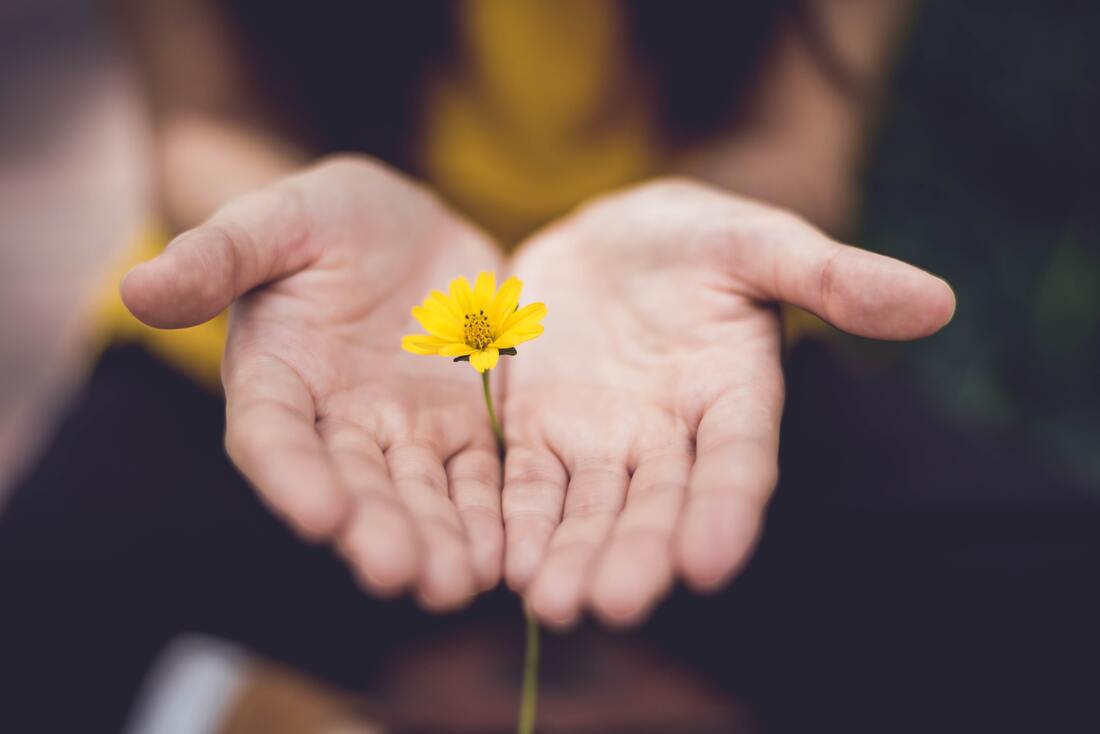Chemotherapy |
More than half of all cancer patients will receive chemotherapy (also referred to as 'chemo') – drugs that kill cancer cells to cure the disease, slow its growth, or reduce its symptoms. Though traditionally given by injection or intravenous infusion, chemotherapy drugs are increasingly available as pills or liquids that patients can take at home (oral chemotherapy). For suggestions on how to manage your medications at home, view this tip sheet.
|
|
Chemotherapy by Infusion
It is normal for patients to feel a little nervous about starting infusion treatment. This video walks you through what to expect on your first day, and you can find more tips here. Additionally, Dana-Farber has compiled a guide for chemotherapy infusions. Topics include:
|
|
|
How to Tie a Headscarf
It’s well known that many chemotherapy medications used to treat cancer can bring undesirable side effects, such as hair loss, lack of appetite, and fatigue. For those who experience hair loss, there are many great options to explore, including wigs, hats, and headscarfs. This video demonstrates three different ways to tie a headscarf. Check out our Friends' Place page to learn more about headscarfs. |
|
Scalp Cooling
Scalp cooling is a simple treatment developed to help prevent or reduce hair loss caused by chemotherapy. Depending on the type of infusion you're receiving, your doctor may recommend a cooling cap to minimize hair loss; scalp cooling involves wearing a special tight cap on your head before, during, and after infusion, through which liquid coolant is circulated by a machine. This treatment is offered in the Susan F. Smith Center for Women’s Cancers for breast cancer patients at Dana-Farber. Read about things to consider, and what it's like to wear one. |
Taking Care of Yourself During and After Treatment
©2020 Young and Strong Progam at Dana-Farber Cancer Institute




